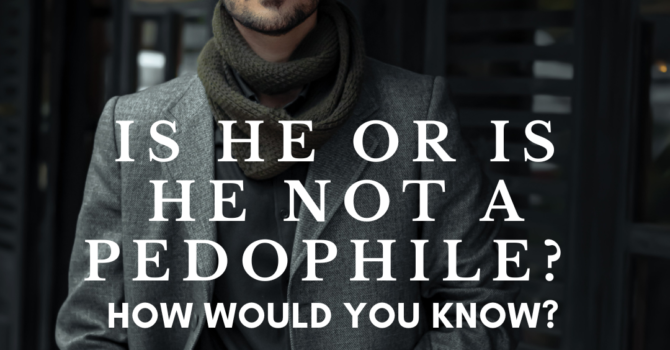WARNING THIS ARTICLE CONTAINS LANGUAGE THAT IS VULGAR AND MAY BE OFFENSIVE TO SOME READERS.
ONLINE ABUSE TOWARDS WOMEN by Jacob Mchangama
“I will teach you to learn your place as a woman in this world. Then you will eat my
cum.”
“SHUT YOUR WHORE MOUTH… OR I’LL SHUT IT FOR YOU AND CHOKE IT WITH MY
DICK.”
“WOMEN THAT TALK TOO MUCH NEED TO GET RAPED.”
These were just a few of the tweets sent to British journalist Caroline Criado Perez when she campaigned to include women on British banknotes. Criado-Perez is hardly alone. On average, American men receive (and send) more online abuse than women. But gender-based online abuse targets women twice as often as men. In the UK, prominent female journalists receive about three times as much abuse as their male colleagues. Understandably, many women feel deeply uncomfortable participating in public debates in which ‘arguments’ consist of abusive messages, including threats of rape. The problem of online misogyny may be among the reasons why significantly more American women than men favor online safety over freedom of speech (63 percent vs. 43 percent). Women are also less supportive of tolerating hate speech than men (51 percent vs. 61 percent), are more supportive of laws targeting online abuse than men (36 percent vs. 24 percent), and 54 percent of American women favor banning sexually explicit public comments compared to 36 percent of men.
Credible threats of rape or other forms of sexual violence are typically not protected by free speech and should be vigorously prosecuted. But – depending on the jurisdiction – much online abuse falls below that threshold and is therefore not illegal. For anyone concerned with gender equality, inaction is clearly not an option in the face of virulent online misogyny. Could it be time to reassess global standards of free speech to mute misogynist trolls and amplify the voices of women?
As we debate this question, however, we must not forget how important freedom of speech has been to the empowerment of women. Restricting speech may therefore prove to be a cure worse than the disease it is intended to treat. This dilemma is highlighted by a new study from Amnesty International that urges Twitter to clamp down harder on gender-based abuse and threats of violence. But the study operates with a broad definition of abuse which may include:
Offensive, insulting or abusive language or images directed at women on the basis of their gender and is intended to shame, intimidate or degrade women. Sexist or misogynistic abuse often includes references to negative and harmful stereotypes against women and can include gendered profanity.
While the study reports a shocking number of rape and death threats, it also includes examples such as “Are you a boy or a girl?” and “Are you really a man?” While such comments are clearly meant to offend and do nothing to further constructive debate, they are clearly less intimidating than threats. The Amnesty study also shows that the majority of the comments identified fall into the hard-to-define categories of “abuse” or “sexism/misogyny” rather than “threats” (direct and indirect), the posting of intimate pictures without consent, or the disclosure of personal details, all of which will often fall outside the protection of free speech. The study urges both Twitter and governments to do more to counter these phenomena, including the use of “criminal penalties.” However, if governments and social media companies adopt an overly broad definition of “abuse,” they may risk hurting rather than strengthening the rights of women in the long run.



